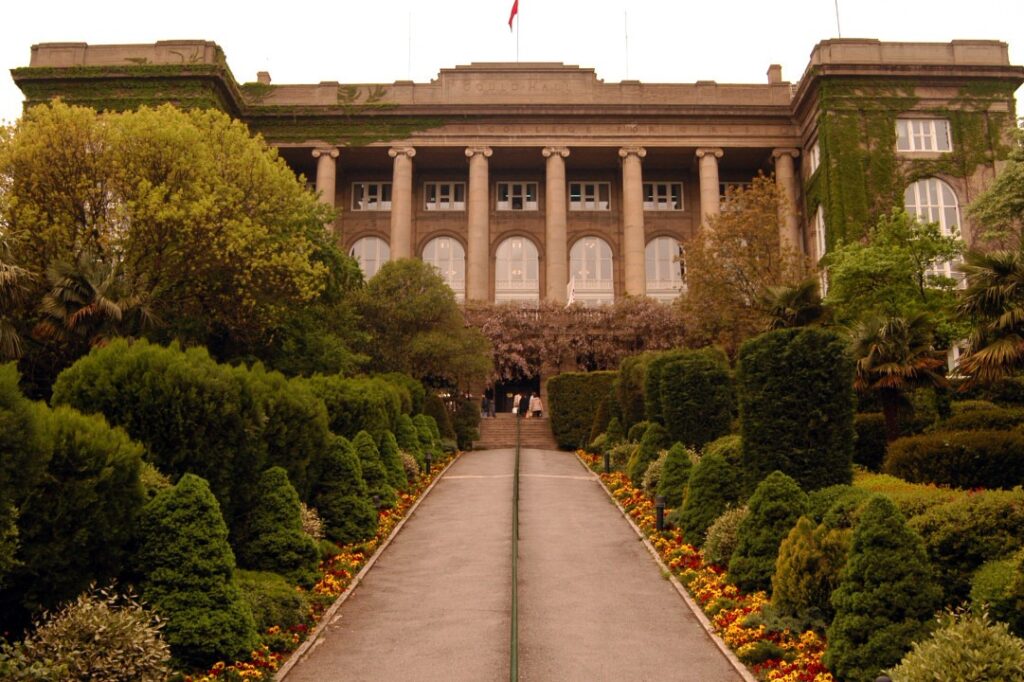The education system in Turkey consists of three levels: primary education, high school education, and higher education.
Primary education in Turkey is compulsory and free for children between the ages of 6 and 14. Primary education consists of eight years, divided into two four-year cycles. The first cycle focuses on basic skills such as reading, writing, and math, while the second cycle introduces more advanced concepts in these subjects as well as social studies, science, and foreign languages.
After completing primary education, students move on to high school education, which consists of four years of high school. In middle school, students continue to study the core subjects of math, science, Turkish, and social studies, as well as elective subjects such as art, music, and physical education. High school education is divided into two main tracks: academic and vocational. Students in the academic track continue to study a broad range of subjects and prepare for university entrance exams, while students in the vocational track focus on practical skills and job-specific training.
Higher education in Turkey is provided by universities, which offer a wide range of undergraduate and graduate programs in fields such as arts, sciences, engineering, medicine, and business. Admission to universities is competitive and based on the results of the university entrance exams, which are administered by the Student Selection and Placement Center (ÖSYM). Students can apply to multiple universities and programs, and are placed based on their exam scores and the availability of spots at the chosen institutions.
In addition to traditional universities, Turkey also has a number of foundation universities, which are privately funded institutions that offer both undergraduate and graduate programs. Foundation universities are generally smaller than public universities and may have more selective admissions processes.
Overall, the education system in Turkey places a strong emphasis on academic achievement and preparing students for higher education and successful careers. The curriculum covers a wide range of subjects and skills, and students are expected to perform well on exams in order to progress to the next level of education.





